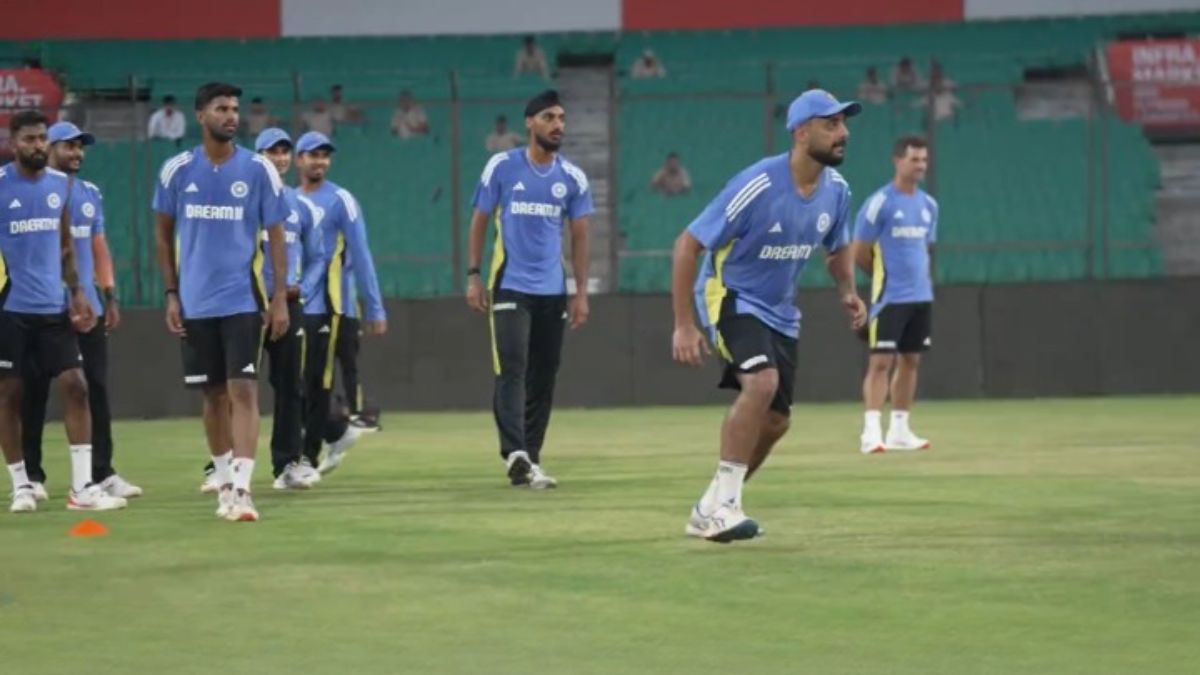Section 163 has been imposed in Gwalior until next Monday (October 7) in view of the Hindu Sabha calling a 'Gwalior Band' call on the India vs Bangladesh T20I match day as well as protests by other organisations. Notably, Section 163 Of the Bhartiya Nagrik Suraksha Sanhita (BNSS), which replaced the Criminal Procedure Code (CrPC) in July 2024, deals with the power to issue orders which require urgent attention. It deals with powers previously listed in Section 144 Of the Code Of Criminal Procedure, 1973 CrPC.
Gwalior District Magistrate and collector Ruchika Chauhan issued the orders after a recommmendation from the Superintendent of Police (SP). Consequently, protests of all kinds have been banned. Social media messages and contents will also be monitored to ensure peace and safety at the Gwalior stadium. International cricket is all set to return to Gwalior after 14 years but Hindu Mahasabha has called for protests against the visiting Bangladesh team because of the reports of violence against the Hindu minorities in Bangladesh.
READ HERE | Violence Against Minorities In Bangladesh: Rampant Vandalism, 2 Murders Since Hasina's Ouster, Says Report
Similar calls for protets were made ahead of the Kanpur Test as well. However, the Uttar Pradesh Cricket Association (UPCA) along with the city and district administration were able to smoothly conduct the match in which India registered an emphataic win in dramatic style after rain and wet outfield meant it was effectively a two and a half days Test match.
Hindu Mahasbaha Staged A Protest In Gwalior On October 2
Notably, city administration's action of imposing Section 163 comes after the Hindu Mahasabha staged a protest in Gwalior demanding that the India vs Bangladesh 1st T20I scheduled on Sunday (October 6) be cancelled.
ALSO READ | India vs Bangladesh: Fans Demand Cancellation Of Cricket Series Over Violence Against Hindus In Bangladesh
The SP, meanwhile, realised that different organisatons were engaged in prcoessions, demonstrations and burning effigies while relisgious sentiments were also being incited. It was these factors which forced the recommendation of the imposition of Section 163 in the city.


